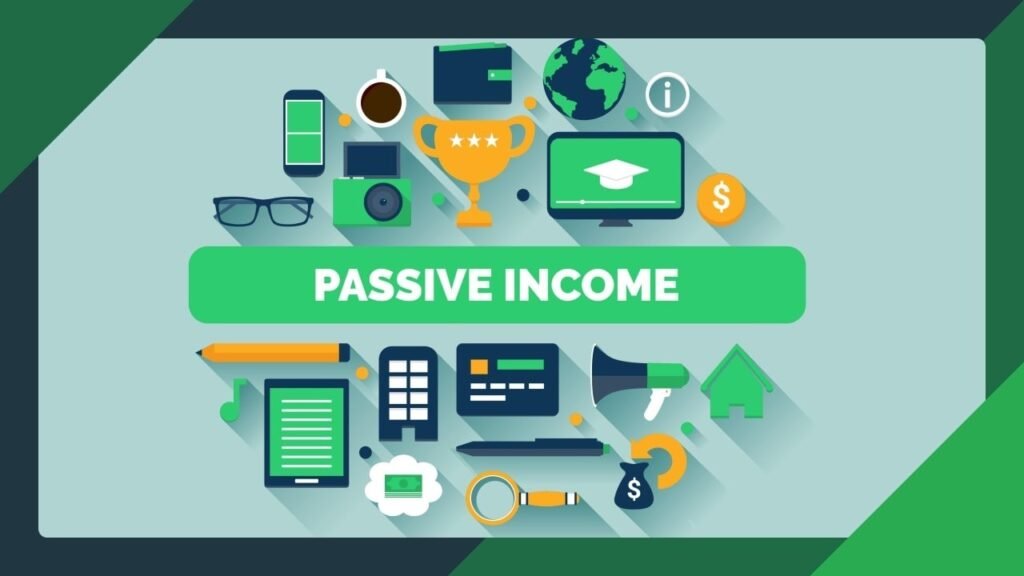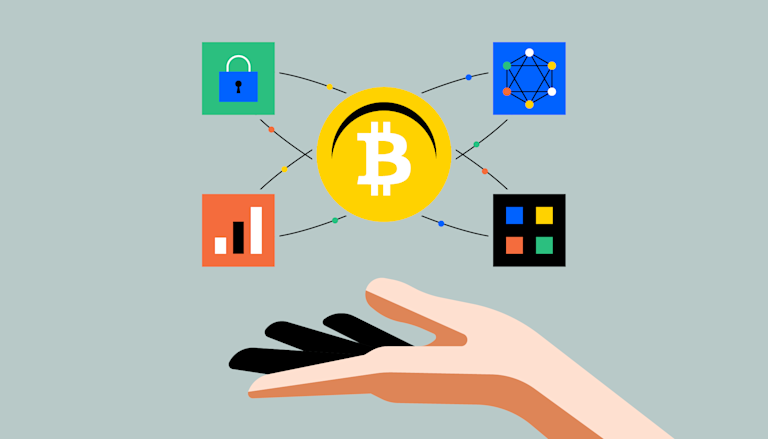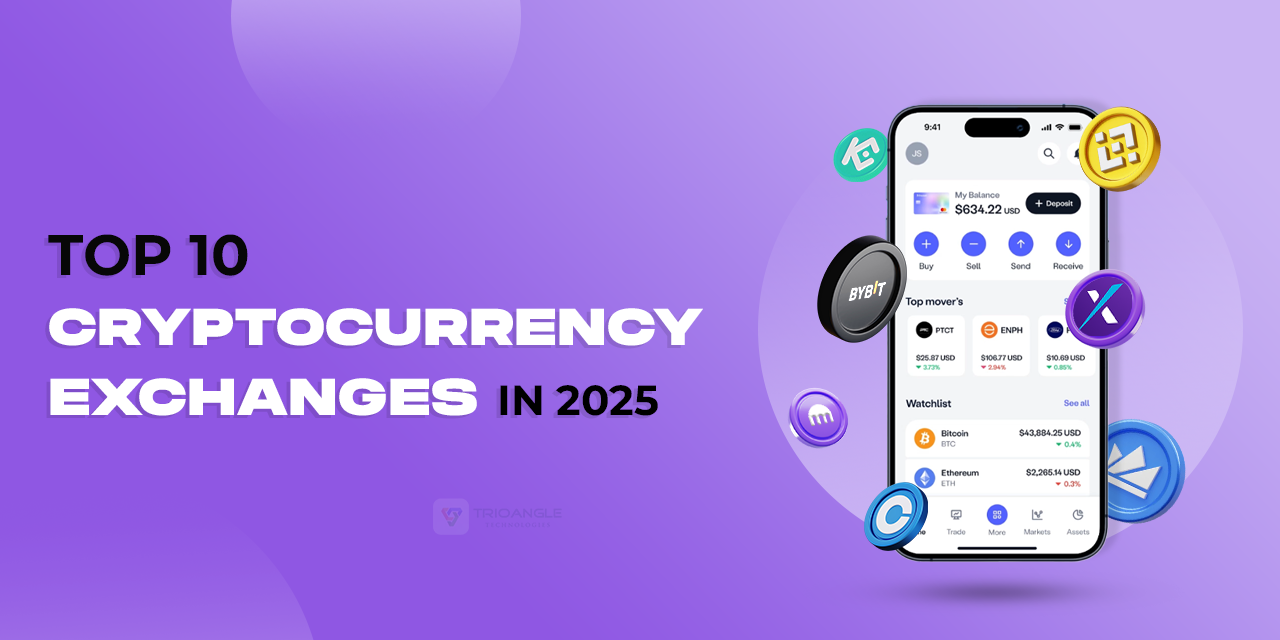In an era of rising costs and economic uncertainty, building passive income streams has become more important than ever. A passive income source lets you earn money with little day-to-day effort once the groundwork is done. Here are the top 10 passive income ideas for 2025, combining digital trends, investment opportunities, and creative business models.
1. Dividend Stocks & ETFs
Investing in companies that pay dividends — or in index funds/ETFs that include dividend-payers — remains a cornerstone of passive income. As stock markets mature globally and many firms aim for shareholder returns, this is one of the more reliable streams.
2. Real Estate Rental Income & REITs
Owning rental properties offers ongoing cash flow (rent), plus long-term appreciation. For those who don’t want to manage physical properties, Real Estate Investment Trusts (REITs) are a way to invest in property indirectly, earning rental-like returns without the hassle of being a landlord.
3. Systematic Investment Plans (SIPs) & Mutual Funds
Putting money regularly into mutual funds through SIPs (or recurring investments in index funds) is a passive strategy that benefits from compounding over time. It requires consistency rather than heavy daily effort.
4. Creating & Selling Digital Products
Once you’ve created something like an online course, e-book, templates, or design assets (graphics, spreadsheets, etc.), it can sell repeatedly with minimal additional effort. The key is choosing evergreen topics or niches that remain relevant.
5. Affiliate Marketing & Niche Blogging / YouTube
Building a blog, niche website, or YouTube channel (including faceless/automated channels) and monetizing via affiliate links, ads, and sponsorships is growing steadily. Although initial work is high, once content ranks / audience builds, income can become fairly passive.

6. Print-on-Demand / Dropshipping / Automated E-Commerce
These e-commerce models let you sell products without holding inventory. Tools and service providers automate order fulfillment, shipping, etc. While marketing and customer service need attention initially, systems can be built to make them quite low-touch over time.
7. Peer-to-Peer (P2P) Lending & Debt Instruments
In markets where regulation is favourable, P2P lending platforms can offer considerably higher interest rates than traditional savings or fixed deposits. The trade-off is risk, so diversification and due diligence are crucial. Debt instruments like bonds and even sovereign gold bonds (in countries like India) are also options.
8. High-Interest Savings Accounts / Digital Accounts / Fixed Deposits
For those with low risk tolerance, parking funds in accounts or instruments offering high interest / yield is a safe way to get passive returns. Digital banks, neo banks, or fintech platforms often provide higher rates than traditional banks.
9. Licensing / Royalties from Intellectual Property
Creating something once — such as music, photography, designs, patents, or even software — and licensing it or earning royalties is another time-tested approach. With digital platforms, global reach, and content marketplaces, this is more accessible than ever.
10. Digital Real Estate & Virtual Assets
More recently, income from “digital real estate” is becoming significant: this includes niche websites, domain names, monetized online forums or virtual land in metaverse platforms. These are speculative but have high upside for those who can pick the right niche or platform.
What to Keep in Mind
- Upfront Effort or Capital: Most passive income streams require either monetary investment, time investment, or both at the beginning.
- Diversification: Relying on just one stream is risky. Combining a few of these (e.g. dividend stocks + digital products + real estate) helps cushion downturns.
- Risk & Liquidity: Some passive streams are riskier or less liquid (e.g. P2P lending, virtual land). Others (like savings accounts) are safer but with lower returns.
- Skill & Niche Matters: For content or digital product-based incomes, picking a niche and producing high quality is more important than trying to do everything.
- Regulatory and Tax Implications: Be aware of how income is taxed in your country and any laws or regulations (especially in P2P lending, real estate, etc.).
How to Make Passive Income in India
What is Nifty 50 and How It Works
![]()





